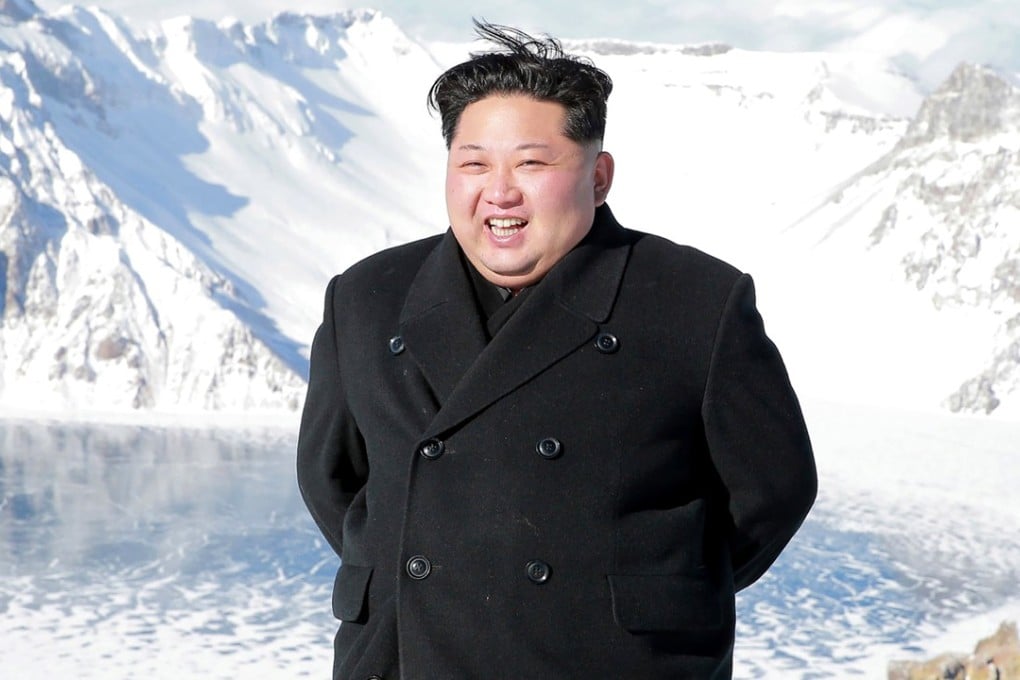Asian Angle | What do Kim Jong-un and Duterte have to learn from Mugabe’s fall?
Zimbabwe’s coup that was not a ‘coup’ holds some cautious lessons for Asia’s autocrats – and some signs of things to come

I happened to be in South Africa when the word came, late last month, that a de facto military coup was underway next door in Zimbabwe, which would eventually lead to Robert Mugabe, the country’s nonagenarian leader, finally resigning after 37 years in power.
But my mind immediately flashed back to Asia, because of some striking similarities between Mugabe’s fall and that of other supposedly entrenched autocrats. There are some cautious lessons to take away – and some signs of things to come.
First, the similarities.
Mugabe was finally brought down, according to the widely accepted analysis, less by his own miscalculations than by the machinations of his unpopular wife. Grace Mugabe was known as “Gucci Grace” for her profligate spending and taste for designer fashions, diamond dealing and overseas property purchases. Even those who still respected the old man as the country’s independence hero had no time for the wife, who was said to harbour her own political ambitions. Her purge of political rivals, called “the bedroom coup”, finally prompted the military to act.
What if North Korea is the problem, not Kim?
Grace Mugabe reminded me of the late Siti Hartinah, also known as Ibu Tien, the wife of Indonesia’s long-time strongman, the late president Suharto, who was toppled in 1998 after more than 30 years in power (30 years the seeming shelf life for despots). Madame Tien, who was also a close adviser to her husband, became known as “Mrs Ten Per Cent”, a reference to the amount she was said to skim off any profitable business project in Indonesia. After her death, the Suharto children continued the family business ventures.
